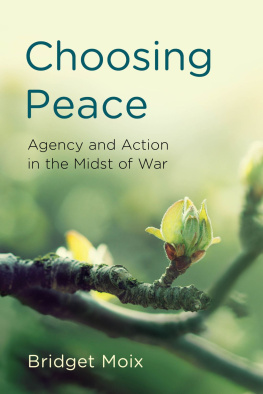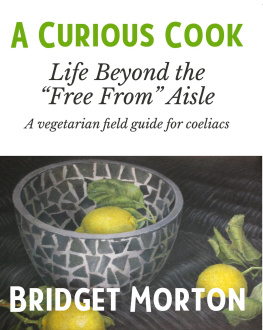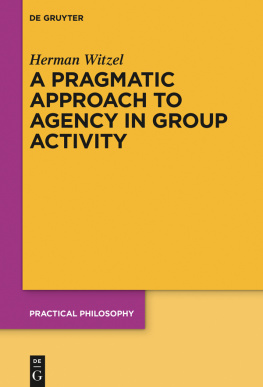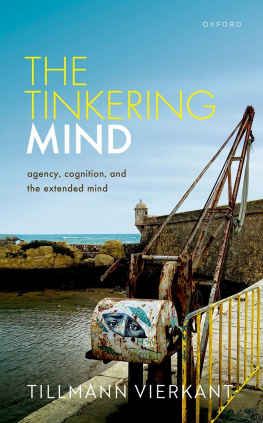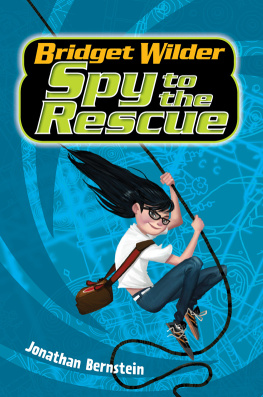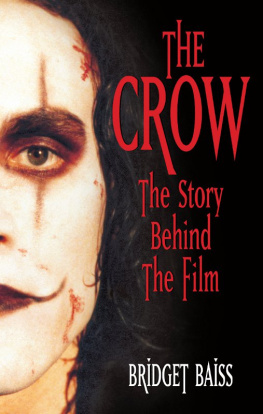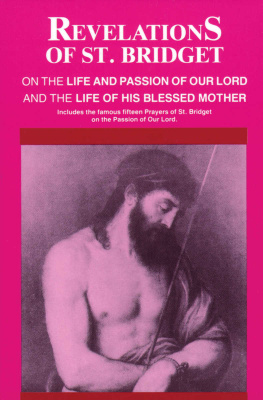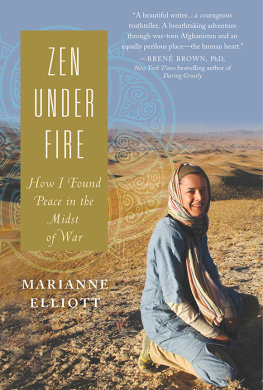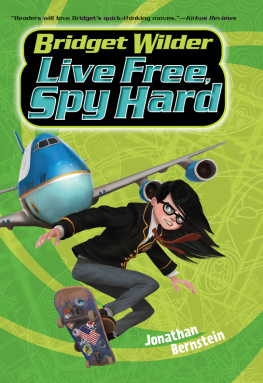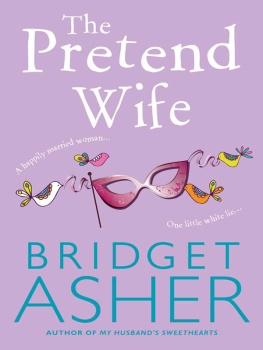Choosing Peace
About the Peace and Security in the 21st Century Series
Until recently, security was defined mostly in geopolitical terms with the assumption that it could only be achieved through at least the threat of military force. Today, however, people from as different backgrounds as planners in the Pentagon and veteran peace activists think in terms of human or global security, where no one is secure unless everyone is secure in all areas of their lives. This means that it is impossible nowadays to separate issues of war and peace, the environment, sustainability, identity, global health, and the like.
The books in this series aim to make sense of this changing world of peace and security by investigating security issues and peace efforts that involve cooperation at several levels. By looking at how security and peace interrelate at various stages of conflict, the series explores new ideas for a fast-changing world and seeks to redefine and rethink what peace and security mean in the first decades of the new century.
Multidisciplinary in approach and authorship, the books cover a variety of topics, focusing on the overarching theme that students, scholars, practitioners, and policymakers have to find new models and theories to account for, diagnose, and respond to the difficulties of a more complex world. Authors are established scholars and practitioners in their fields of expertise.
In addition, it is hoped that the series will contribute to bringing together authors and readers in concrete, applied projects, and thus help create, under the sponsorship of Alliance for Peacebuilding (AfP), a community of practice.
The series is sponsored by the Alliance for Peacebuilding, http://www.allianceforpeacebuilding.org, and edited by Charles Hauss, government liaison.
Choosing Peace
Agency and Action in the
Midst of War
Bridget Moix
London New York
Published by Rowman & Littlefield International, Ltd.
6 Tinworth Street, London SE11 5AL, United Kingdom
www.rowmaninternational.com
Rowman & Littlefield International, Ltd., is an affiliate of Rowman & Littlefield
4501 Forbes Boulevard, Suite 200, Lanham, Maryland 20706, USA
With additional offices in Boulder, New York, Toronto (Canada), and Plymouth (UK)
www.rowman.com
Copyright 2019 by Bridget Moix
All rights reserved . No part of this book may be reproduced in any form or by any electronic or mechanical means, including information storage and retrieval systems, without written permission from the publisher, except by a reviewer who may quote passages in a review.
British Library Cataloguing in Publication Data
A catalogue record for this book is available from the British Library
ISBN: HB 978-1-78660-977-9
PB 978-1-78660-978-6
Library of Congress Cataloging-in-Publication Data Is Available
ISBN 978-1-78660-977-9 (cloth: alk. paper)
ISBN 978-1-78660-978-6 (pbk: alk. paper)
ISBN 978-1-78660-979-3 (electronic)

The paper used in this publication meets the minimum requirements of American National Standard for Information SciencesPermanence of Paper for Printed Library Materials, ANSI/NISO Z39.48-1992.
Printed in the United States of America
This book is dedicated to the many people around the world who are
choosing peace in the midst of violence every day. It is especially
dedicated to those individual peacebuilders who contributed their
voices, stories, knowledge, support, time, courage, strength, spirit,
pain, joy, love, and dignity to this project. I am deeply grateful
and endlessly inspired by you all. You are why I choose peace.
Contents
I cannot begin to thank all the people who have contributed to this book, its inspiration, its creation, and my journey through it.
I must, of course, thank my family without whom I would never have had the grounding, strength of spirit, and comic relief to undertake this study. My boys, Pablo and Santiago, are my greatest loves. You challenge me every day to choose peace, and you love me even when I do not. My parents taught me to follow my own path, to speak my truth, and help others. I am who I am because of you. My sisters support me always. Your strength carries me.
I have also been blessed by partners at my side through this journey. Alberto is a rock of a co-parent and generous friend. Mike showed me how to live in the world and how to let go of it when the time comes. Many more friends have kept me laughing through the tears and let me cry on their shoulders when needed. To all of you, my endless gratitude!
My faith community, the Religious Society of Friends (or Quakers), provides spiritual guidance and nourishment, as well as acts as a source of historic and present-day peacebuilding practice that has influenced my understanding and approach to this work. My Quaker meeting, Friends Meeting of Washington, provided moral and financial support for my research.
The Peace Direct family and many local peacebuilders I have the privilege to know have given immensely of their time, encouragement, knowledge, and personal stories. Without them, this book and all the work behind it would be impossible.
Mentors and advisers who were vital to this work include Susan Allen, Andrea Bartoli, Chip Hauss, Carolyn Hayman, Riva Kantowitz, Dylan Mathews, Ruairi Nolan, Rosie Pinnington, Jessica Srikantia, Joe Volk, and Nathaniel Walker. Jim Cason and Lora Lumpe gave the gift of retreat when I most needed it.
The publishing team at Rowman & Littlefield International, particularly Dhara Snowden, turned possibility into reality. Rebecca Anastasi provided the beautiful cover. Editor extraordinaire Laura Collins came to my rescue repeatedly. Gretchen Sandles provided editing advice and support. Daeyoung Kim and Brianna Isaacs provided important research behind the chapter on local peacebuilding in the United States.
Finally, to all the peacebuilders in my own country and around the world who continue to save lives, build resilient communities, and inspire hope for a better world: thank you, thank you, thank you! You prove peace is possible.
A portion of the proceeds from this book will be donated to Peace Direct and its local peacebuilding partners around the world.
We had just finished another workshop session and were chatting over a cup of tea, when one of our Kenyan colleagues paused in mid-conversation and looked me square in the eye.
I want to thank you for coming here, and for caring about the problems here and the work we are doing to try to fix them. We really appreciate the support you are giving us.
I nodded and thanked him.
But I also want to ask you something. Will you go back home, back to the United States, and fix the policies and problems there, too? Because so much of what happens there affects us, and only you can do that work, we cannot.
This brief but profoundly honest interaction over a cup of tea with a Quaker Kenyan peacebuilder has become a critical touchstone in my life. I tell the story often now and refer to it as a moment of Truth. Truth with a capital T, because it was offered with deep honesty and integrity but also because it laid bare a multitude of false assumptions, power inequities, and personal and global injustices. After all, who was I to come from Washington, DC, where I lived a relatively easy and prosperous life, to rural Western Kenya, where these peacebuilders risked their lives and livelihoods each day, to discuss collaboration and support for one anothers work? What could I possibly offer from my experience that would have any relevance or make any contribution to their efforts? And how could learning about community-based peacebuilding ever translate back into my work of advocacy and lobbying in the power-driven halls of Congress and the White House?

 The paper used in this publication meets the minimum requirements of American National Standard for Information SciencesPermanence of Paper for Printed Library Materials, ANSI/NISO Z39.48-1992.
The paper used in this publication meets the minimum requirements of American National Standard for Information SciencesPermanence of Paper for Printed Library Materials, ANSI/NISO Z39.48-1992.
